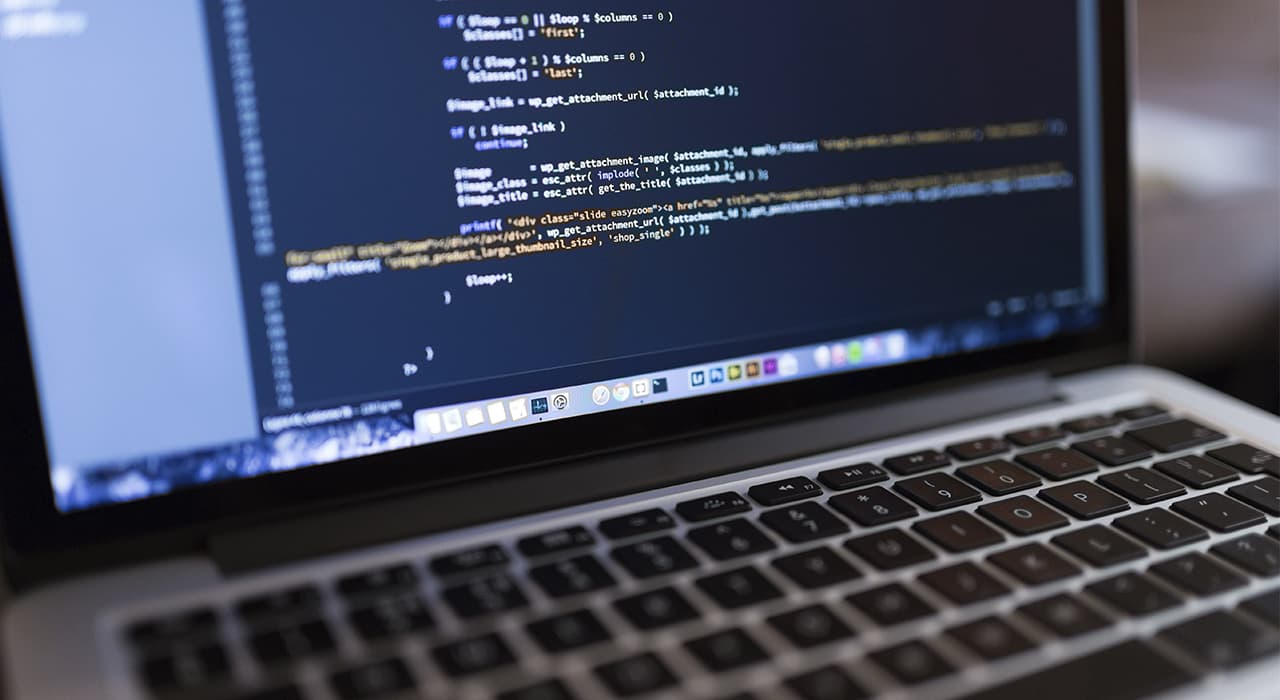PHP is a language for web development, so a basic knowledge of HTML and CSS is a must. The same applies to the HTTP protocol at the level of understanding the process of client-server requests.
The other technologies can be divided into two categories:
Useful to know. Git (required for all programmers who are going to engage in commercial development), SQL (the vast majority of web applications have a database), Nginx and Apache (to configure the environment);
Additional skills. Linux/Unix, JavaScript, Docker.
How to choose a code editor or environment for PHP development
At first, a complicated development environment like PHPStorm is not necessary – for a beginner IDE will seem to be a monster with lots of features, which is also slow to open.
Sublime and VSCode, on the other hand, are fast to open, fast to configure, and relatively easy to connect additional features. For example, tools for interacting with a database or cache.
When you need tools for Git, templating, environments, testing, and other technologies, you can switch to IDEs like PHPStorm, Netbeans, and Aptana Studio.
What books and sites to use to learn PHP
As mentioned above, when learning PHP it is important to pay a lot of attention to theory, not just learning how to write code. This programming language gives a very fuzzy idea of how its components work at a basic level. Understanding the theory will help you learn PHP, and any other programming language.
If we are talking about websites, in PHP: The Right Way has an extensive database of materials for developers at various levels, and CodeBasics is suitable for learning syntax.
